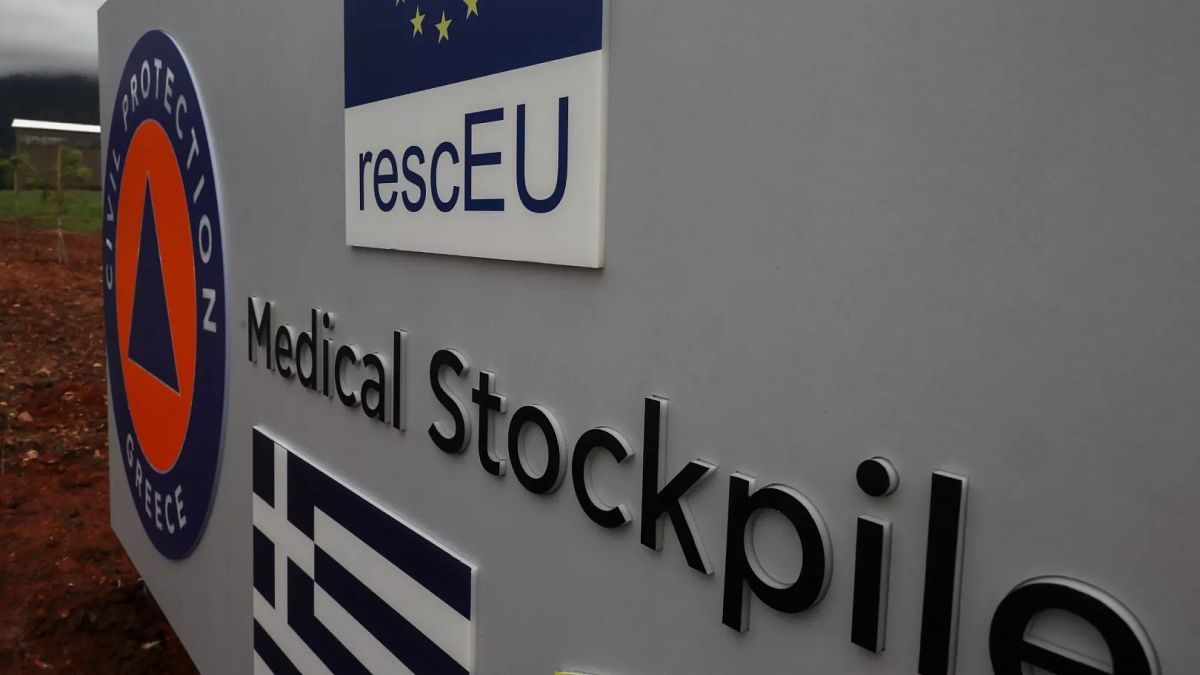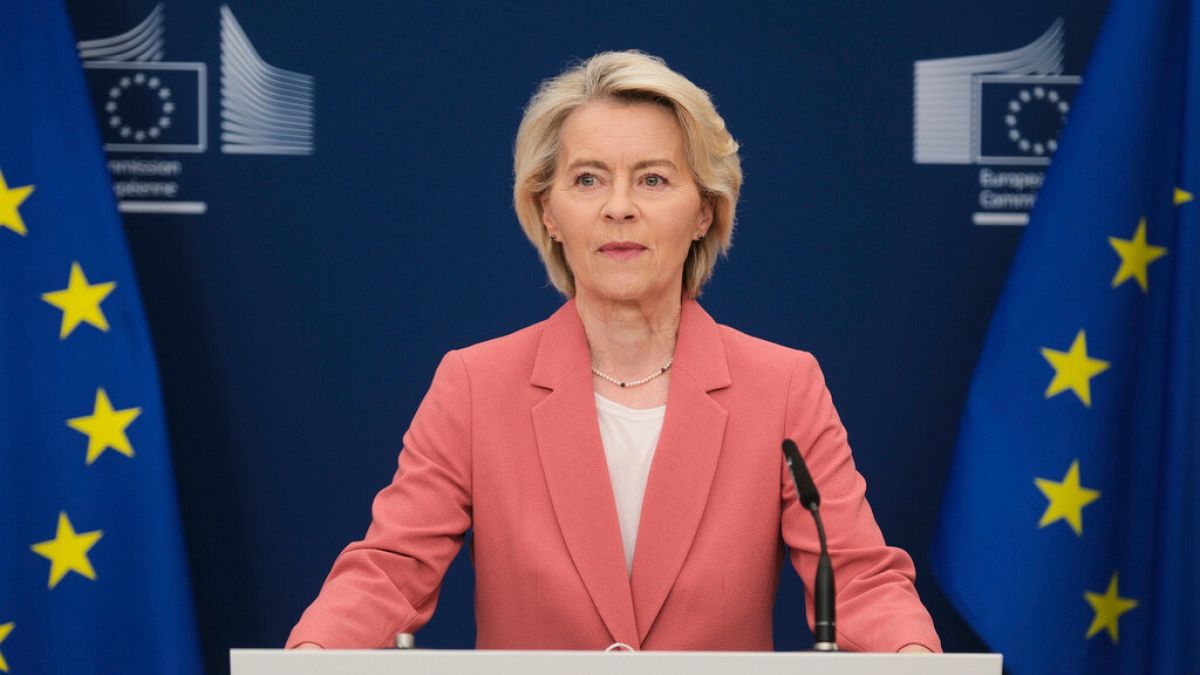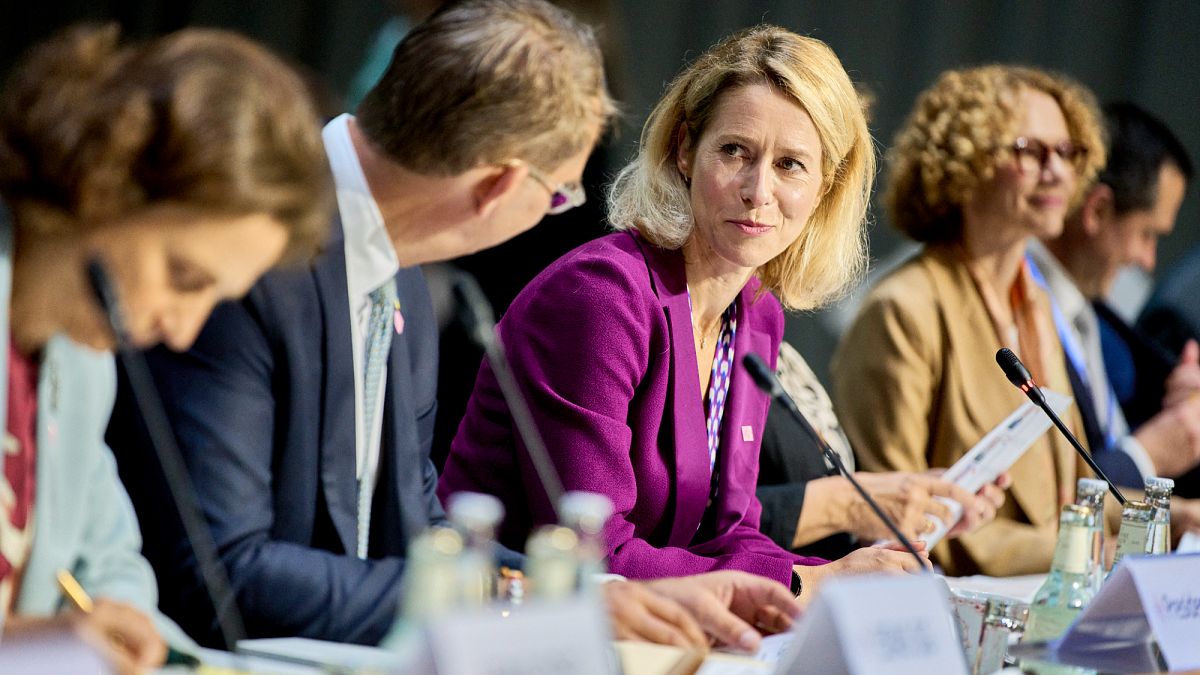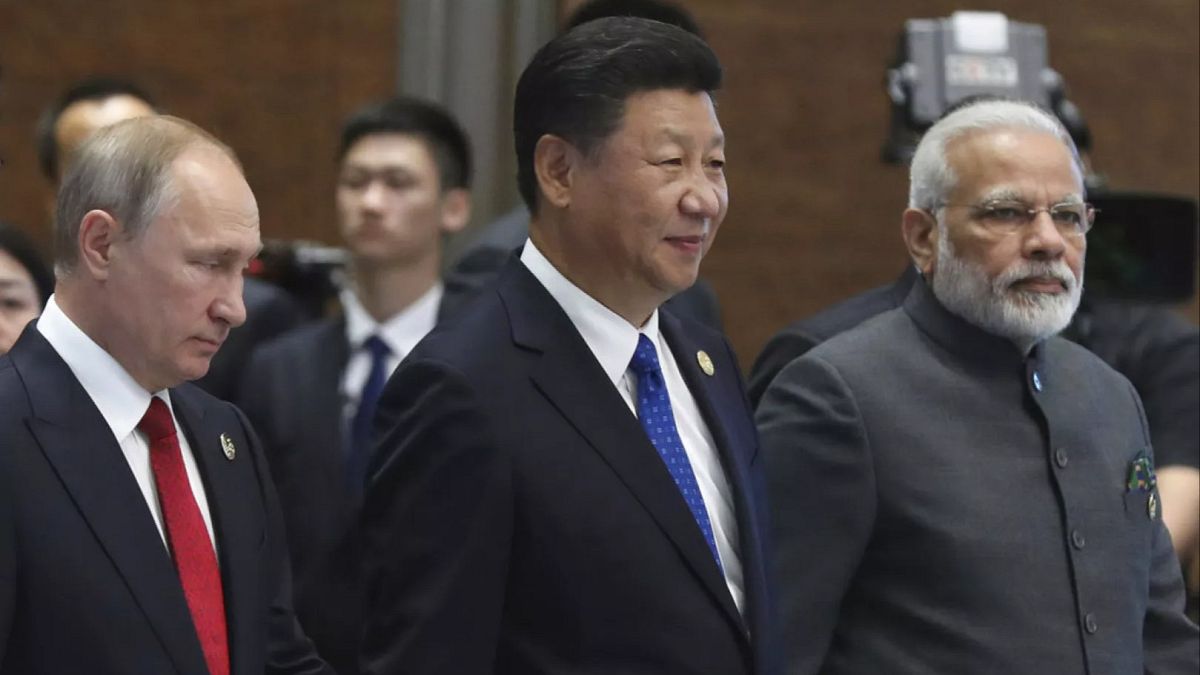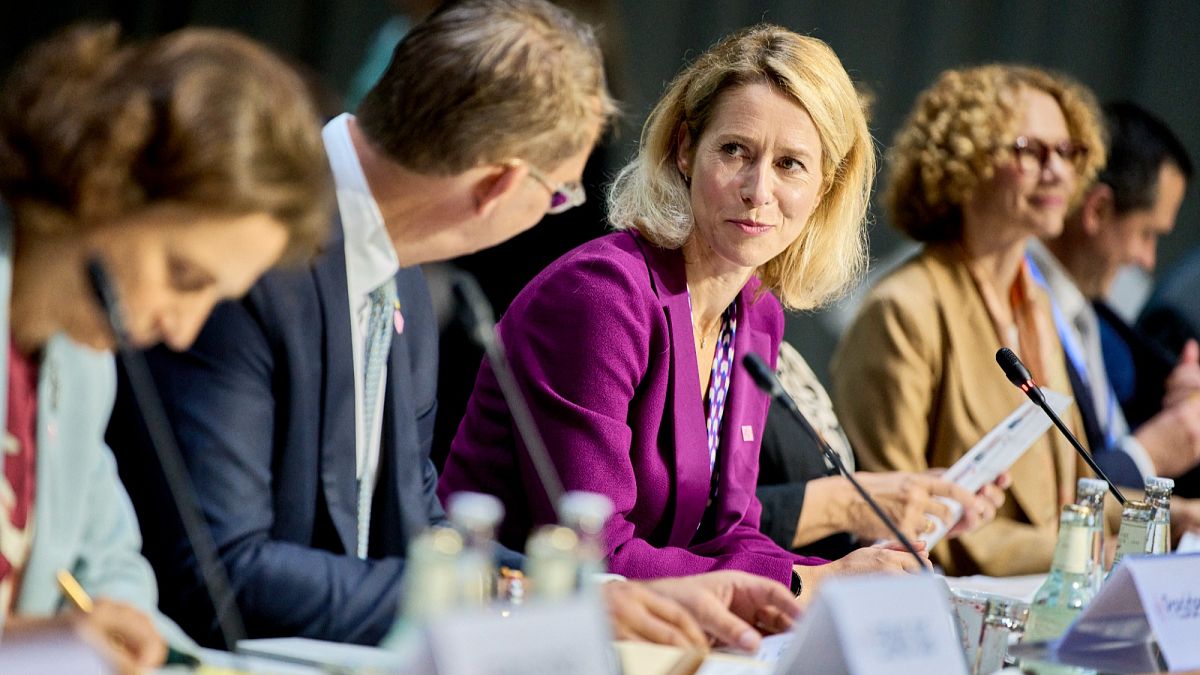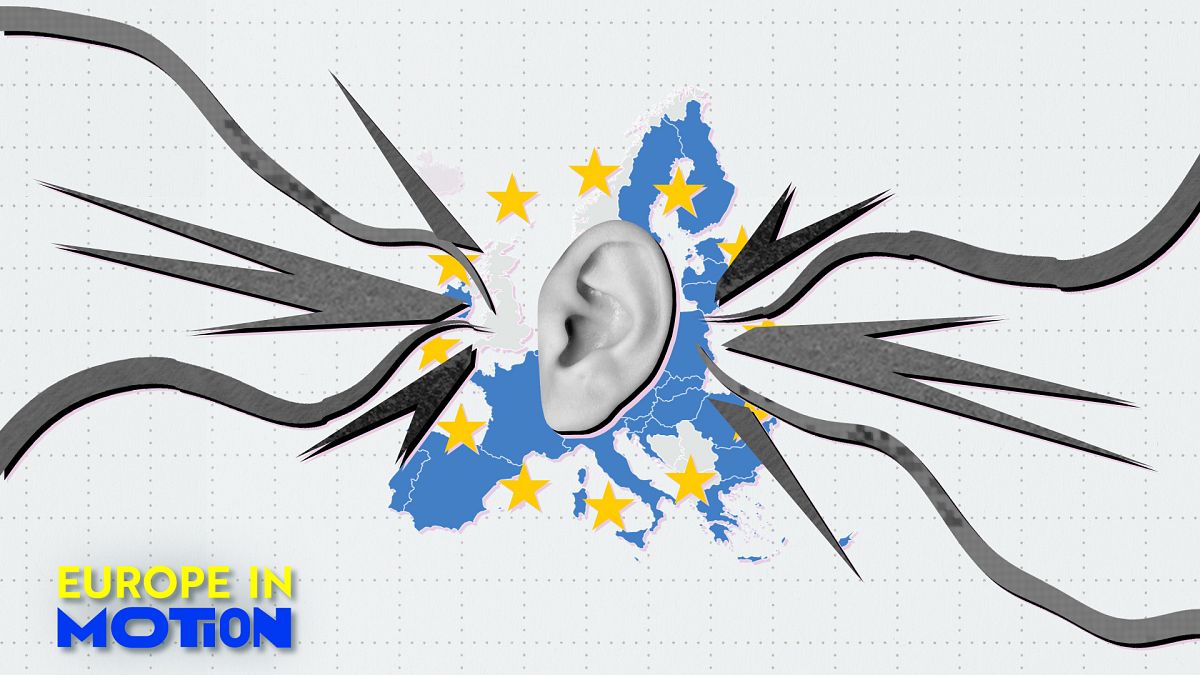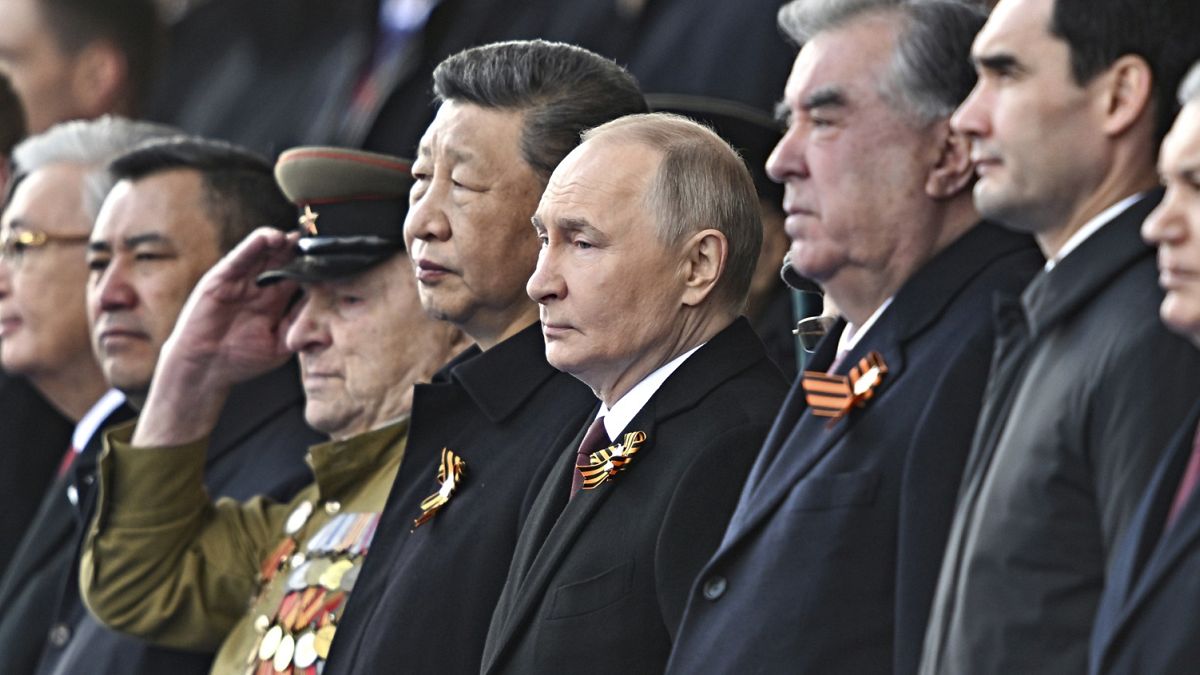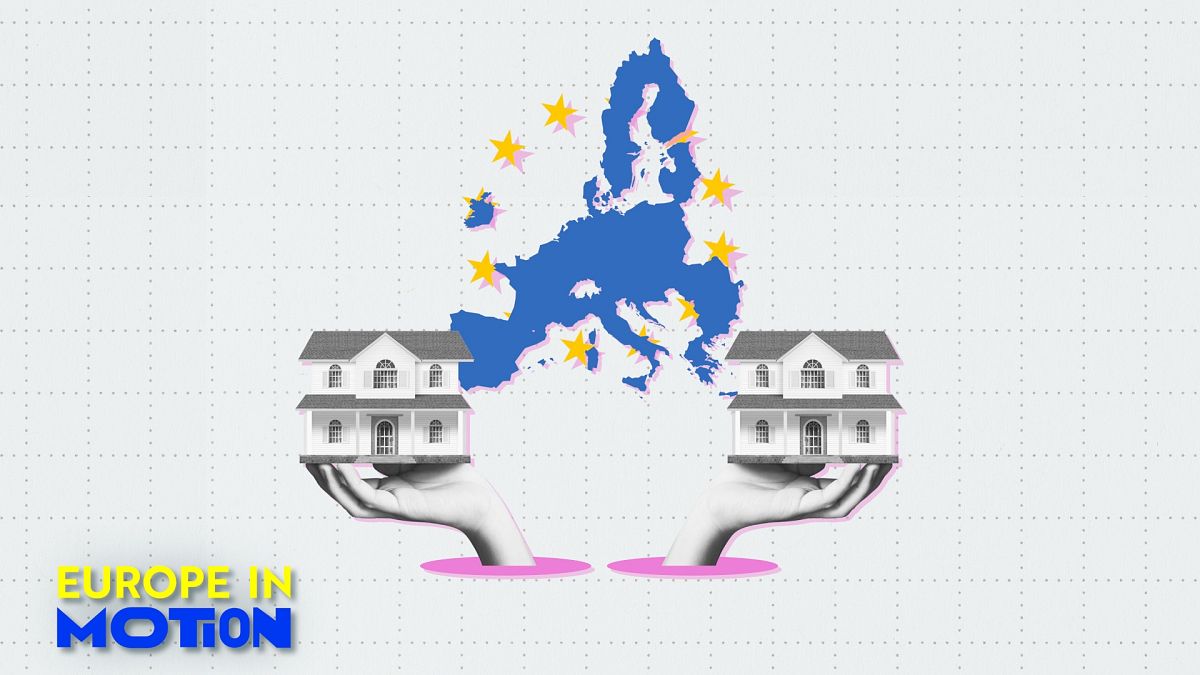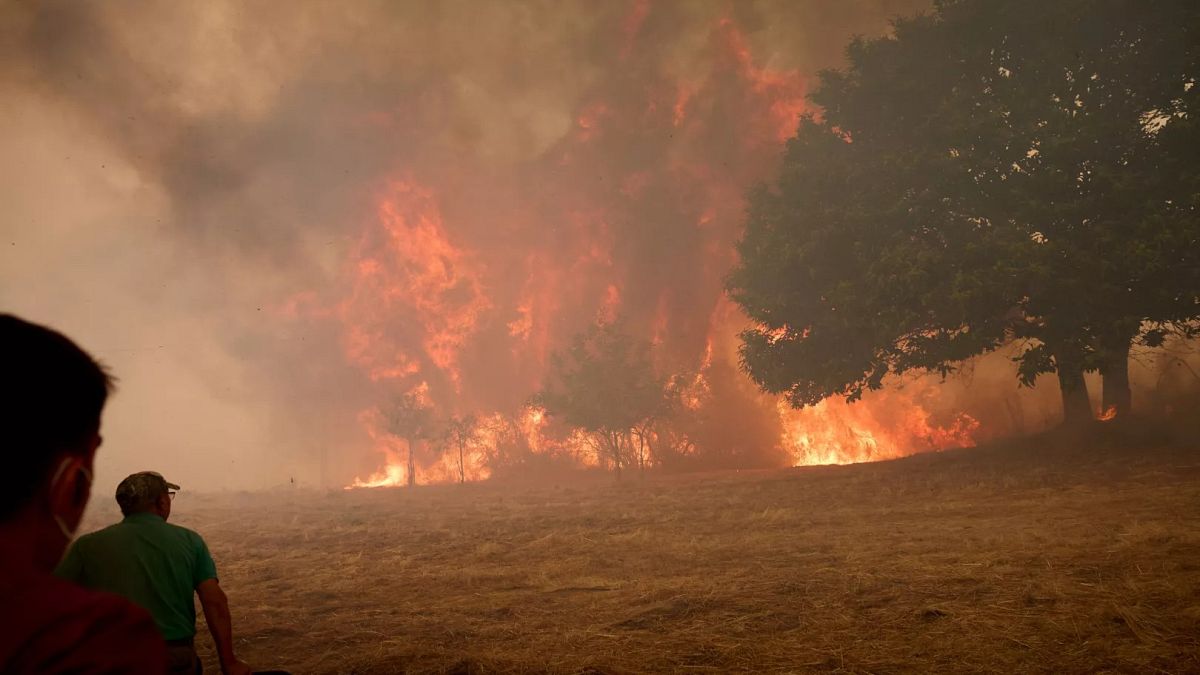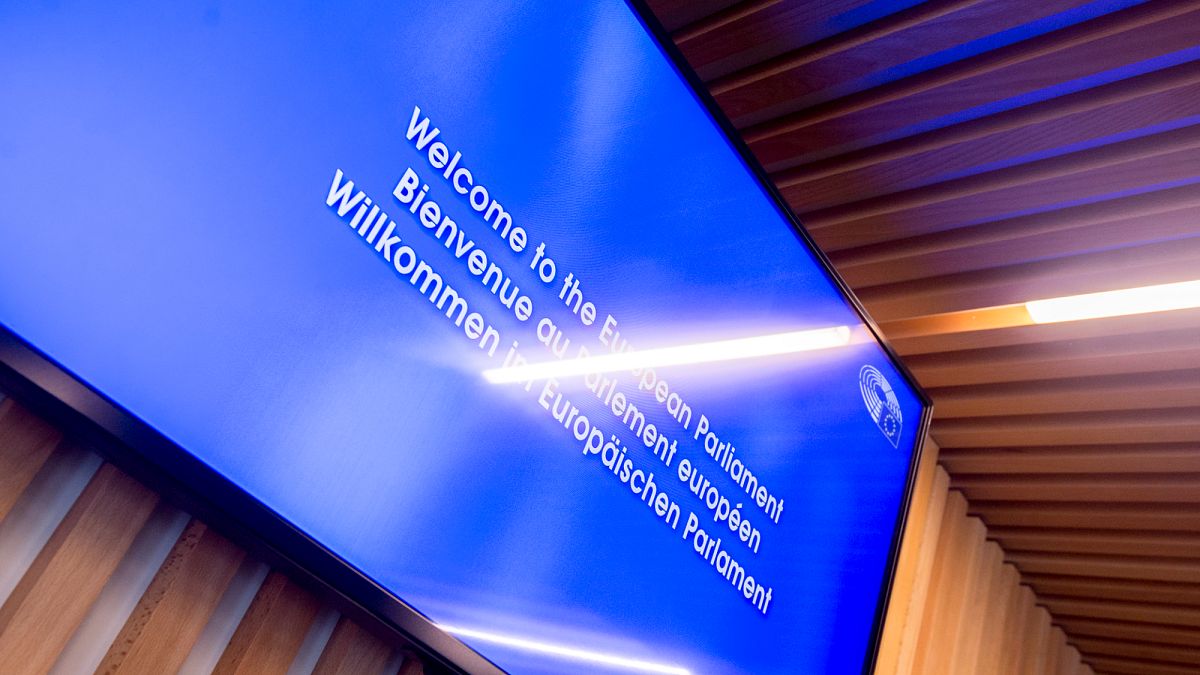Nearly four months ago, the European Commission asked citizens to put together a survival kit to ensure they had enough food, medicines, and stored power to weather an unforeseen crisis. Now they’re asking member states to check whether their own kits are fit for purpose.
As part of its Stockpiling Strategy, the EU executive on Wednesday called on member states to take stock of their strategic reserves and identify gaps and best practices that could be strengthened to bolster the bloc’s preparedness against natural disasters, human-infused disasters but also hybrid attacks or conflicts.
“The goal is again, very simple, to make sure that essential supplies that keep our societies running, especially the ones that save lives are always available,” Hadja Lahbib, the European Commissioner for Preparedness and Crisis Management, told reporters.
“We will achieve this through smarter planning, stronger cooperation and by sharing responsibilities for our collective safety. Being less fragmented, less reactive and more coordinated and more proactive,” she added.
This first phase, a senior EU official said, is likely to take a year because there is “limited understanding” on “which essential goods are necessary to guarantee the continuation of essential services and functions during a crisis” and “further potential to explore cooperation with private sector but also international actors in this area”.
Only when this work is over could the Commission come forward with more concrete recommendations for specific stockpiling efforts, the official added.
No dedicated funding has yet been earmarked for the stockpiling strategy although Lahbib said the Commission “will negotiate strongly for a budget in the next MFF (multi-annual financial framework”. The EU executive will unveil its first set of sectoral proposals for the next seven-year budget next week.
‘Limited information’
Successive crises the EU has had to weather – ranging from the COVID-19 pandemic to the energy crisis and Russia’s full-scale invasion – coupled with an increasingly volatile and tit-for-tat geopolitical landscape, have exposed just how vulnerable the EU is to global supply chain shocks and political pressure.
The bloc is now in a race to rearm itself and develop its strategic autonomy, ie the ability to act independently and provide vital societal functions autonomously if needed. But as defence and stockpiling touch upon sensitive information that is traditionally the domain of the nation state, coordination at EU level can be slow.
“We have limited information available at this stage about different national initiatives, national stockpiles or national stock buy intentions,” the EU senior official said.
One of the key deliverables the strategy aims to put in place, the official also said, “is a permanent stockpiling network where this exchange is facilitated, a system for data exchange, information exchange, including classified exchange.”
It also wants to boost coordination between member states, the private sector and other international actors, as well as between civilian and military authorities.
‘No one size fits all’
The EU has already rolled out some ad-hoc stockpiling initiatives. The Critical Raw Materials Act, adopted last year, includes provisions for strategic stockpiling. The Commission is also developing strategic stockpiles of medical and chemical, biological radiological and nuclear (CBRN) equipment as part of its civil protection mechanism.
The Commission has highlighted a few key areas where stockpiling efforts will be ramped up: from agri-food and essential agricultural inputs – think of fertilisers, seeds and animal feed, not canned beans – to energy security strategic reserves.
This may include fuel supplies, backup power systems, and protection for critical energy infrastructure like undersea cables.
With preparedness seen differently by the various member states, there will be “no one-size-fits-all” approach towards stockpiling, Lahbib said.
“The consequence is the same for the citizens in case of blackout. No matter if it is, let’s say, a terrorist attack, a hybrid attack or (if) it is really a natural climate disaster.”
“People are without energy and that’s why we need to stockpile, you know, items everywhere in the European Union of course with member states considering the threats more potentially that they’re going to face,” she said.
A stockpile for vaccines and medicines
The bloc’s Strategy to support medical countermeasures against public health threats, also unveiled on Wednesday, meanwhile aims to ensure member states have equitable access to vaccines, therapeutics, diagnostics and personal protective equipment in times of crisis or when supplies are limited.
The plan includes a medical countermeasures accelerator to boost research and development in next-generation vaccines and medicines.
“We all remember the long and hard months during COVID, waiting as vaccines and treatments were developed. In the next crisis, what we want is to shorten that wait as much as possible,” Lahbib said.
The strategy also plans for more collaboration between the health and defence sectors with the Commission set to work with a NATO health workforce to establish a list of dual-use medical countermeasures.
The idea is that, with 23 EU countries also NATO allies, there is no doubling up between the two organisations and that instead they issue proposals that complement each other, another EU official said.
A first list is to be presented to member states before the end of the year, the official added.






